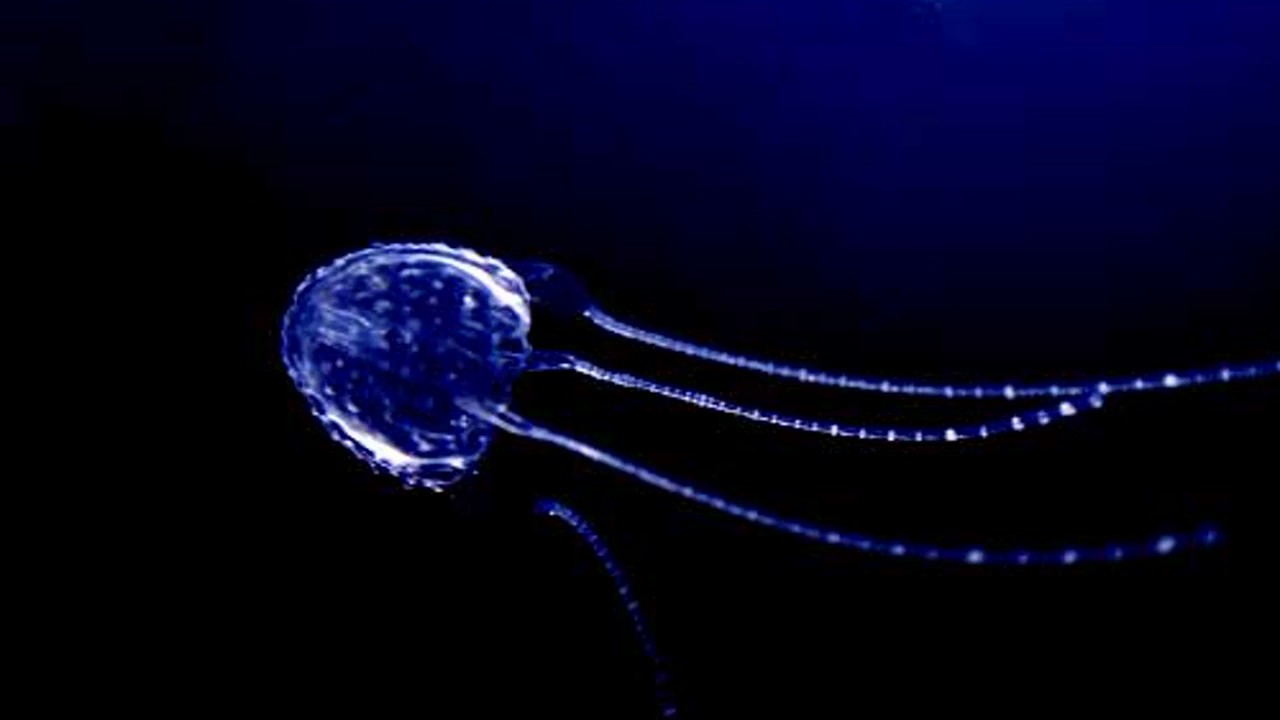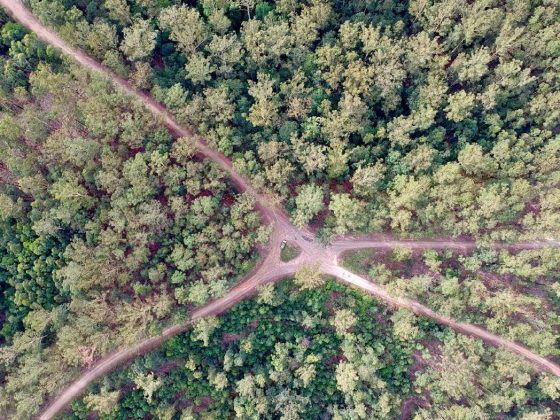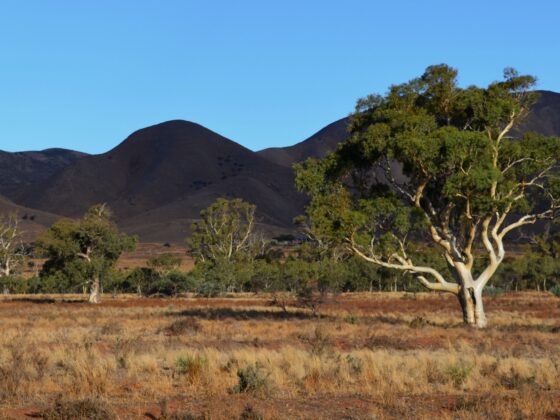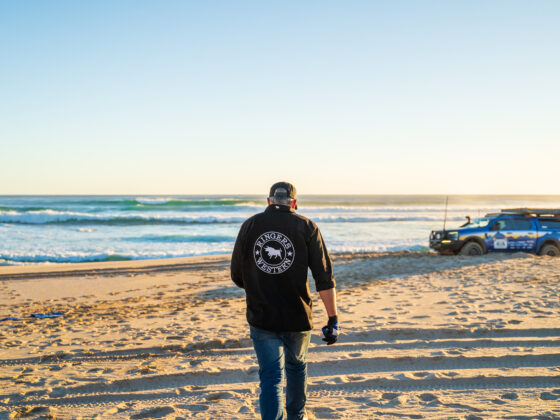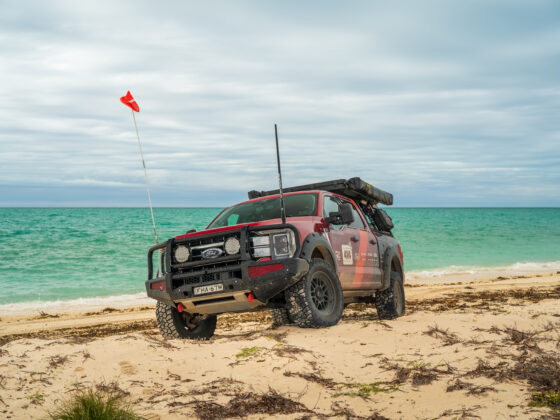An Irukandji jellyfish has been discovered off the west coast of Fraser Island for the second time in two years. Life guards on the west coast have been dragging the coast for more of the deadly jellyfish after a spate of stings last year in the Wide Bay area.

James Cook University professor Jamie Seymour said, “There’s not a huge chance of being stung, however there are specific places along the east coast of Australia and Queensland that you definitely do not want to swim because that’s where you’re going to get stung.”
The most recent siting has been on the west coast of Fraser Island, with Surf Life Saving Queensland manager Craig Holden advising beach goers to be extra vigilant.
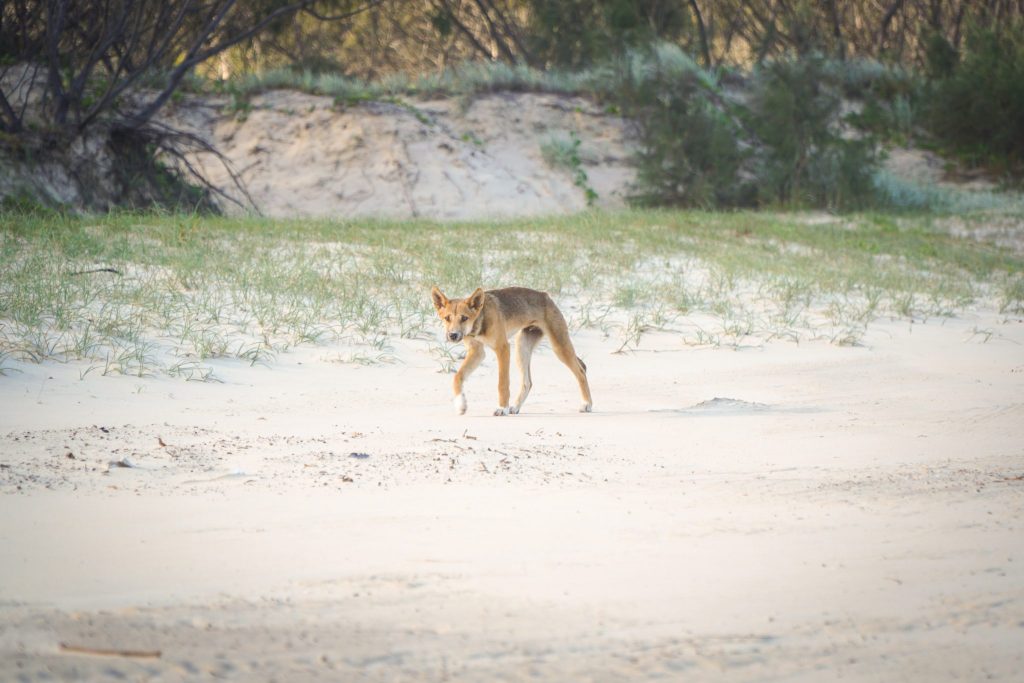
“We’re urging everyone to stay out of the water entirely on that western side of the island while conditions are hot and humid,” he said.
“If anyone is stung on Fraser Island they should douse the area with vinegar as soon as possible and immediately call triple-0 to seek emergency medical assistance. We don’t want to cause widespread panic, but it is really important for people to exercise caution and put safety first at all times. This includes taking a bottle of vinegar with you if you are heading to the island, to be prepared to treat a sting.”

Craig Holden has also said that the SLSQ will continue to conduct daily drags on the western side of the island for the deadly jellyfish, while informing campers of the risks of swimming on the western side of the island, and handing out treatment information.
Signs and Symptoms of Irukandji jellyfish stings
Symptoms of an Irukandji jellyfish sting are usually not immediate, and may appear 5 – 45 minutes after being stung. Sings and symptoms can include:
• severe backache or headache
• shooting pains in their muscles, chest and abdomen
• nausea
• anxiety
• restlessness
• vomiting
• breathing difficulties.
Management of Irukandji jellyfish stings
• carefully remove the casualty from the water
• avoid rubbing the sting area
• immediately douse the sting area with vinegar
for at least 30 seconds
• if vinegar is not available, carefully remove tentacles off skin and rinse well with
seawater
• call Triple Zero (000) for an ambulance immediately
• regularly monitor and record the casualty’s pulse, breathing and conscious level
• begin resuscitation if necessary
This information was taken from Queensland Ambulance Service here. Keep a copy of this PDF with you in the first aid kit if you’re planning on heading over to Fraser this summer!



